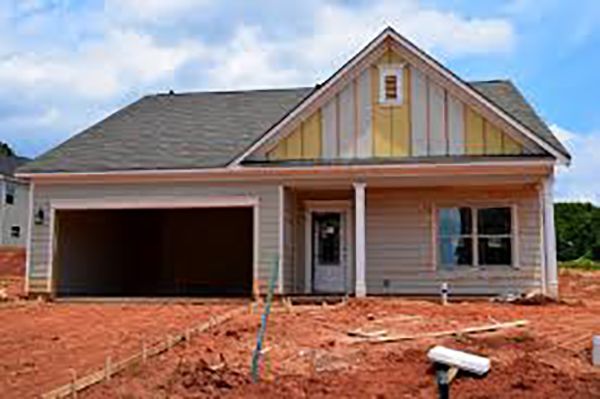The Greensboro City Council passed the new $50 million plan to improve affordable housing at its meeting last week.
There are strange things done at virtual City Council meetings and this would be one of them. Not because the City Council unanimously passed the $50 million 10 year plan to improve access to and the conditions of affordable housing in the city, because that is one of the stated priorities of the City Council, but because the “Housing GSO Creating Opportunities to Build a Better Community” plan was passed on the consent agenda.
The consent agenda is a grouping of items that are supposed to be routine and housekeeping items that are all passed with one vote. There were 23 items on the consent agenda for the Oct. 20 meeting including items to approve the minutes of previous meetings, a contract to buy tires, a list of minor budget amendments and buying computer software.
Along with those items was the $50 million, ten-year affordable housing program that city staff working with consultants had taken over a year to develop and that the City Council had spent two work sessions discussing.
It was a long agenda and a long meeting, but this does seem to be the type of item that at least deserved to be read at a televised meeting and perhaps have a comment or two made about it. Passing a ten-year, $50 million plan hardly seems routine and the city staff didn’t seem to think it was so routine because the staff put out a press release about the new affordable housing plan. There was no press release about approving the minutes or any of those other items.
The plan will begin implementation in 2021 and includes buying and rehabilitating multi-family developments to use for affordable housing. The goal is to add 6,000 affordable housing units in Greensboro.
The plan also targets certain neighborhoods for rehabilitation of private housing and public areas. The neighborhoods being targeted for special attention include Dudley Heights, Glenwood, Random Woods, King’s Forest and the Mill District. The idea expressed in the study is that if the city will invest enough money to start the process of renewing those neighborhoods, private dollars will be attracted to those areas to complete the renewal process.


Once speakers are disenfranchised why even notify the public or press? Our council skirts legality every meeting and throwing around 50 million tax dollars without comment from the public or even having a press release or on the regular agenda is unfortunately the way our Mayor and council repeatedly operate. Abusive and dismissive and borderline illegal.
And let’s all remember that when they are up for reelection !
I agree with Alex. This is bad governing. And the $50 million is coming from where? And why are only certain neighborhoods targeted as needing improvement? What about east Greensboro (or doesn’t the Hightower want affordable housing for “her people”)? The city is going to buy existing properties. But who is going to redevelope those properties? Who is going to manage those properties? And in 20 years those properties will look just as bad as Smith Homes. With the same clientele. No developer worth his salt is going into those neighborhoods and invest.
Has anyone done the math? $50,000,000.00/6,000=$8,333.33. It doesn’t seem to be enough money to me.
Any time out government uses the term “invest”, it is time to reach around a grab your wallet.
Defund the police? How about we defund the city council?
Next week is Coop OUT!
Amen!
Fifty million dollars? What’s the big deal? It’s not THEIR money!
What I want to know is just how much money out of that 50 million is our city council going to spend on useless and endless studies to do absolutely nothing.
If they want more affordable housing, they only need to reduce the regulations, restrictions, requirements and red tape associated with trying to build low-priced houses. The market will fo the rest.
Current rules make it impossible to viably build cheap housing.